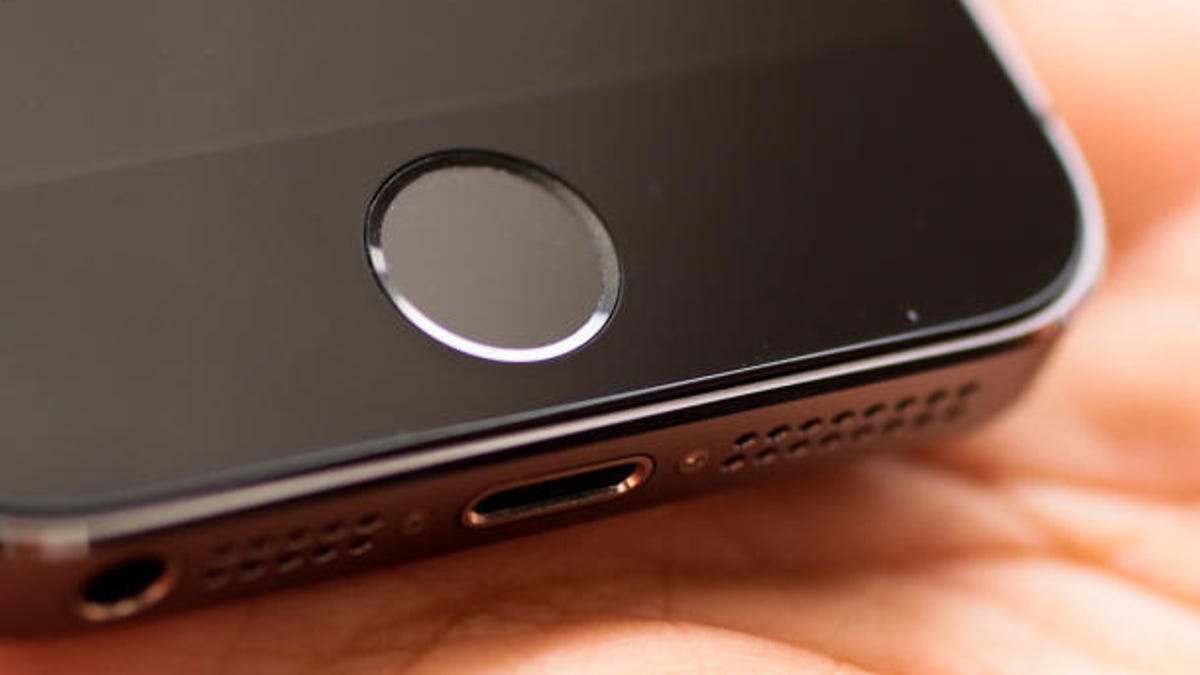The iPhone 5S proves Apple hasn't lost its touch
<b>analysis</b> The Touch ID fingerprint scanner shows that Apple can still lead the way in establishing new mainstream features on computing devices.

For the most part, the iPhone 5S is a just another smartphone -- faster and marginally better than its predecessor, not exactly cheaper, or longer in the battery life. It gets some points for being beautifully designed hardware supporting a completely overhauled iOS user interface, but improved design and engineering from the competition is making that part of the Apple equation less of an advantage. CNET's review of the 5S deemed it the fastest and most advanced Apple smartphone to date, but not a required upgrade.
True, it could use a larger screen, along with more apps that can take advantage of the new faster processor and motion sensing co-processor. But with the Touch ID integrated fingerprint scanner, the iPhone 5S shows Apple can still lead the way in establishing new mainstream features on computing devices.
The basic technology of the Touch ID isn't new. Apple shelled out $356 million to acquire fingerprint sensor developer AuthenTec in July 2012. Motorola's ATRIX 4G smartphone, circa 2011, included a "power lock" fingerprint scanner that used AuthenTec's sensor technology. However, it was built into the back side of the phone, near the top, not on the front in the "home" position like the fingerprint scanner in the iPhone 5S.
The Touch ID home button is practically invisible, and it works with a simple tap rather than a swipe, recognizing a finger from multiple angles. While it's used today just as an alternative to keying in a four-digit passcode, which doesn't save a great amount of time or energy, it's primed to be at the center of password control and a "tap-to-pay" mobile wallet on Apple's family of mobile devices.
In describing his philosophy, Apple design chief Jony Ive told the Telegraph that his aim was "to bring a calm and simplicity to what are incredibly complex problems, so that you're not aware really of the solution, you're not aware of how hard the problem was that was eventually solved."
Aided by its acquisition of AuthenTec, Apple has brought calm and simplicity to a complex problem.

